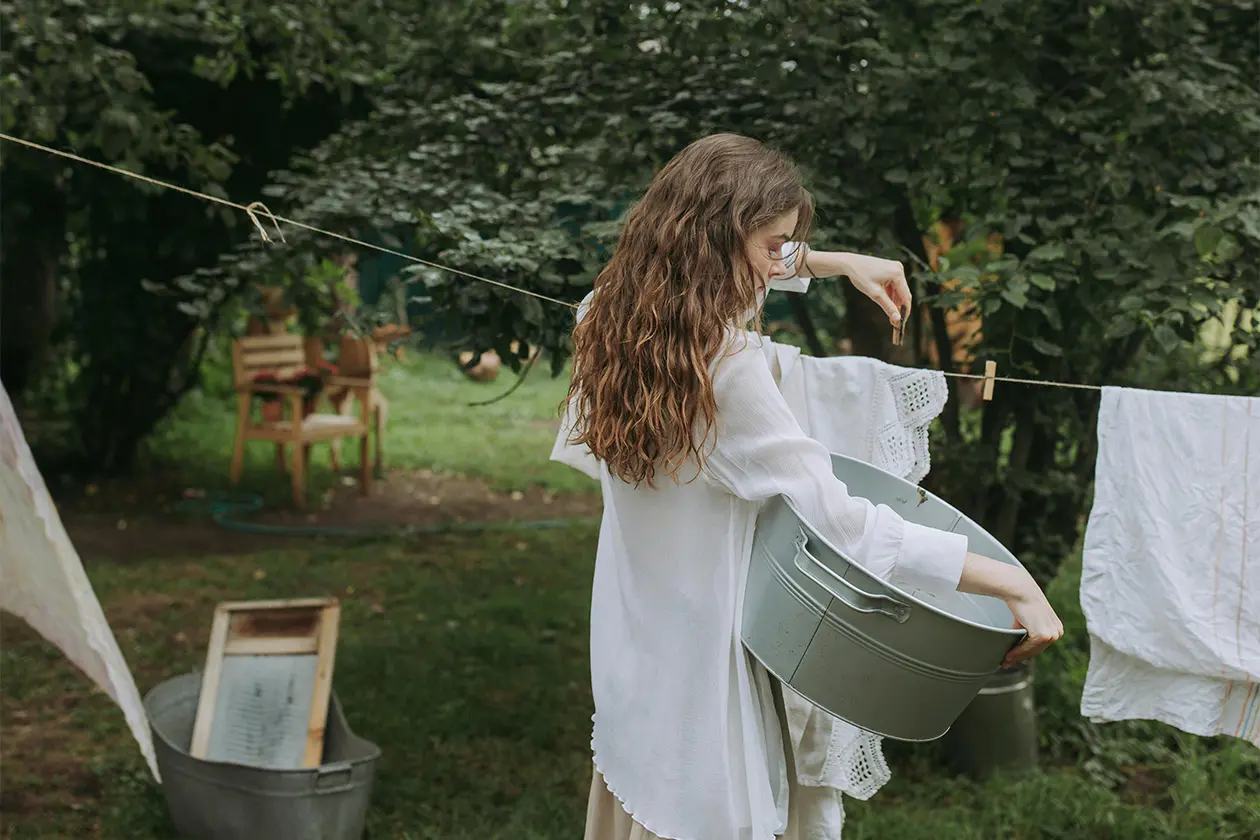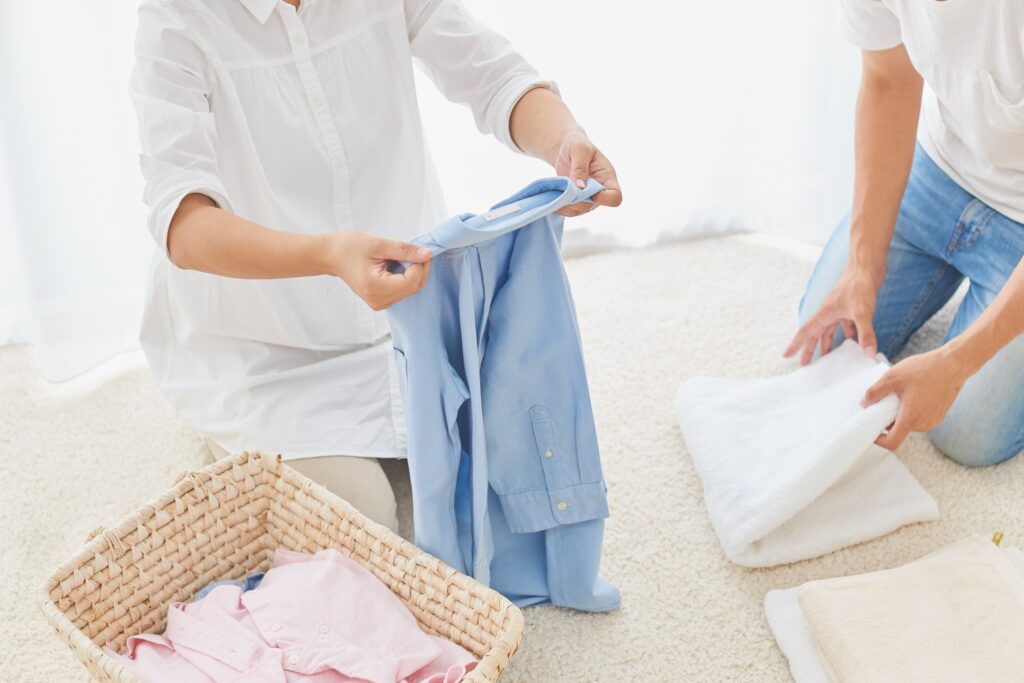Improving the energy and water efficiency of your home might conjure up thoughts of dollar signs and spending thousands on brand new appliances, solar panels, and double-glazed windows. Whilst making these big upgrades will improve your efficiency, there are many other small ways to improve efficiency without breaking the bank.
Here are our top tips for improving energy efficiency in your home:
1. See the Light
If you remember your parents always following you around the house turning off lights, chances are you grew up in the days of incandescent light bulbs. Incandescent light bulbs use most of the energy they consume to generate heat with only around 10% of the energy going to generating light making them very inefficient. These types of incandescent light bulbs were initially replaced with the moderately more efficient halogen light bulbs, but these halogens are now being phased out and replaced with LED bulbs which are significantly more efficient.
Whilst turning the lights off when you are not it the room is still a great idea, upgrading your halogen lights (and any lingering incandescent bulbs) to the new LED lights can help to reduce your overall energy consumption. Don’t forget to check lamps as these are often overlooked.
2. A Cold Shower
We are not asking you to give up your hot shower in the morning, but it is an idea to check the temperature settings on your hot water heater. Hot water systems are a large contributor to our daily electricity (or gas) usage so making sure it is running at optimum conditions is important.
Storage hot water systems need to be kept at 60°C to reduce the risk of legionella bacteria [1]
which causes legionnaire’s disease but keeping the water at a higher temperature is only wasting energy. Instantaneous (or continuous) hot water systems need only to be set at 50°C and setting them higher not only wastes energy but also increases the risk of scalds and burns from the hot water.
If you have an old water system, why not look into government schemes and rebates in your state that help you to replace your hot water system for discounted prices (or even free).
While you are having your shower take a minute to ensure you have a water efficient shower head. If you don’t, they can usually be cheaply replaced (<$50). If you are unsure grab a standard 9-litre bucket, place it under the shower and time how long it takes to fill up. If it takes a minute or more then you have a water efficient shower head. If the bucket fills up in less than a minute, then it is inefficient and could be replaced with a more efficient model.
3. Mind the Gap
Remember the old “door snake” to keep out draughts in your parents or grandparents’ home? Sometimes simple solutions like this are a quick and easy way to reduce your energy consumption.
Sealing the gaps around your doors and windows can help to improve the efficiency of the heaters and air conditioners in your home and potentially remove the need to use them at all.
4. Closed Door Policy
Closing doors and only heating and cooling areas that are currently occupied is a great way to reduce energy usage and costs. Closing bathroom and bedrooms during the day when not in use is great for houses that have localised heating or cooling systems such as a split system or window air conditioner in the living room.
However, for modern open plan houses with ducted air conditioning systems it is sometimes not recommended to close internal doors and vents but instead it is recommended to ensure that external doors and windows are closed. Whilst the energy saving is not as big in these circumstances every little bit helps.
5. Cool as a Cucumber
In Australia it is generally recommended to keep your air conditioner between 22 and 24 °C during the summer and between 18 and 20 °C in winter for comfort. However, if you increase the temperature a degree or two (25 or 26 °C) in summer or decrease it similarly in winter you can save energy and money.
In winter wearing extra layers of clothing can also reduce the need for heating to higher temperatures subsequently saving energy and money. Ensuring your air conditioner filter is cleaned and the unit is properly maintained will also improve the energy efficiency.
6. Harness the Sunshine
When we talk about harnessing the sunshine, we are not talking about installing dozens of solar panels rather using our natural renewable resources to save energy.
Hanging washing outside in the ‘free’ sunshine on your ‘solar’ clothesline and not resorting to the clothes dryer as a habit can save lots of electricity. Not to mention who doesn’t love the smell of fresh washing straight off the clothesline.
Using the sunshine to warm your house in winter can be achieved by ensuring that curtains and blinds are open during the day and closed just before the sun goes down. Similarly in summer keeping curtains or blinds closed during the hottest part of the day in rooms that get a lot of sun will help to reduce the heat entering your home.
7. Dirty Laundry
In most circumstances it is not necessary to wash with warm or hot water so washing clothes in cold water with a cold-water suitable detergent (like Tri Nature’s Laundry Powder or Laundry Liquid) is a great way to save energy. It is also best to wash full (but not overcrowded) loads of clothes to ensure maximum efficiency.
Keeping your washing machine clean by cleaning and descaling (with Tri Nature’s Machine Descaler) once a month will also ensure that you are getting the best efficiency from your machine.
Hopefully some of these tips will help you be a little more energy and water efficient in your home (and possibly save you some money as well).
[1] https://www.yourhome.gov.au/energy/hot-water-systems



